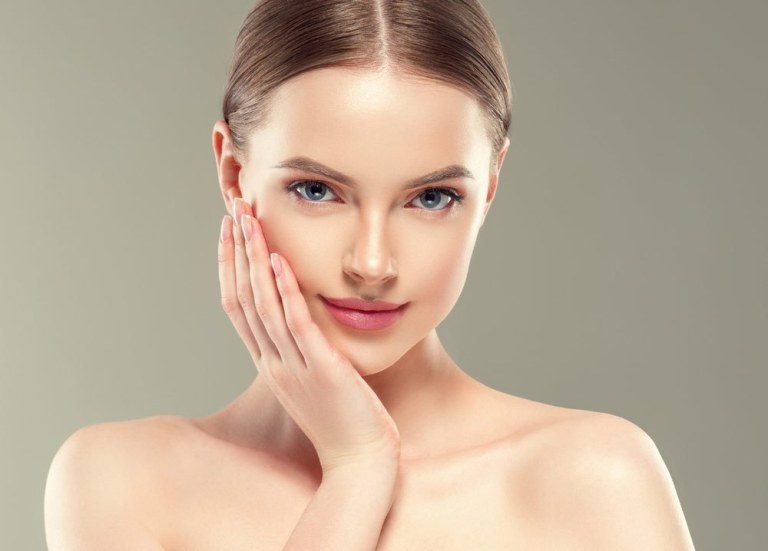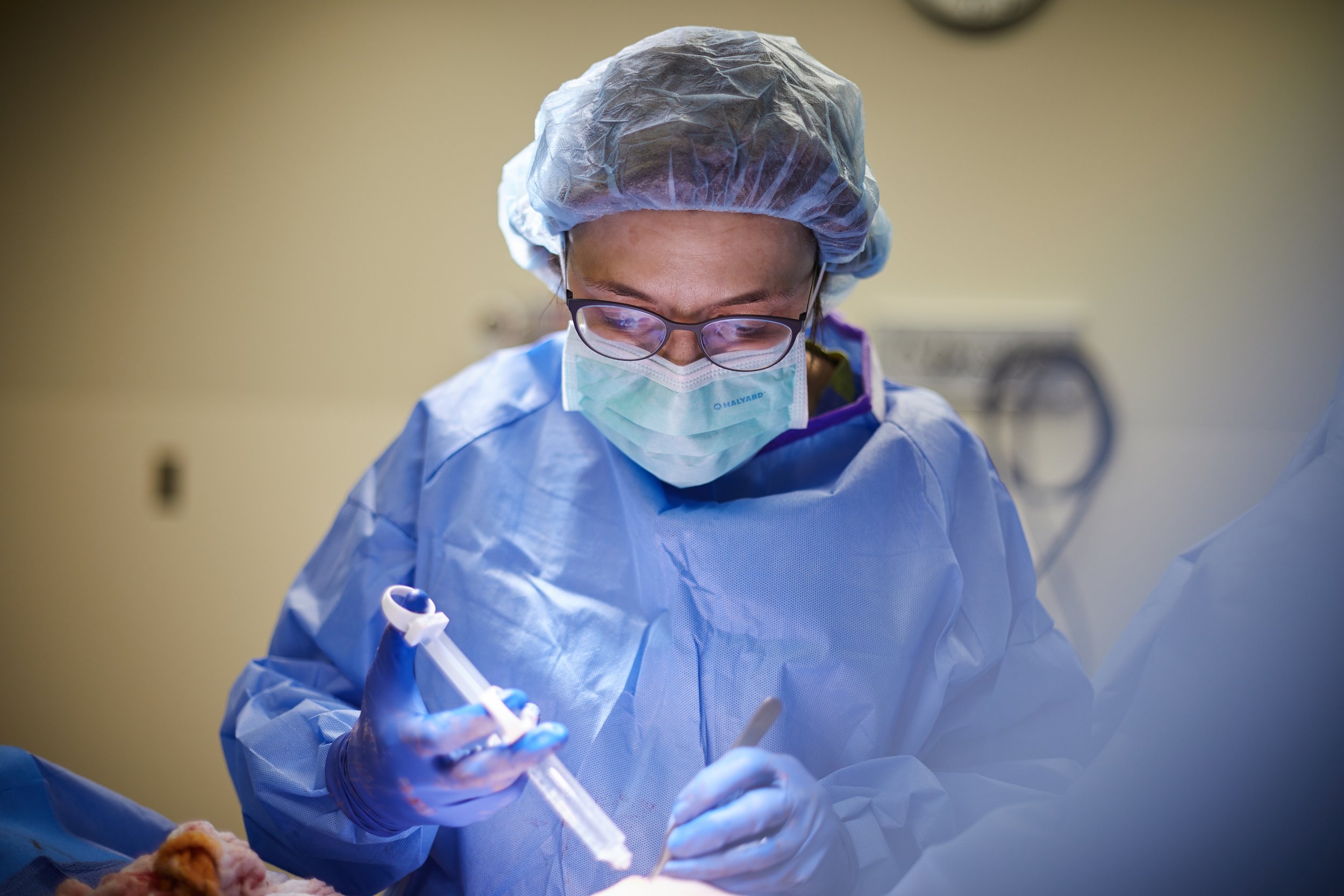Plastic Surgery Rancho Cucamonga: Improve Your Self-confidence with Personalized Aesthetic Therapies
Plastic Surgery Rancho Cucamonga: Improve Your Self-confidence with Personalized Aesthetic Therapies
Blog Article
Investigating the Mental and Social Variables That Drive People to Consider Cosmetic Surgery as a way of Renovation
The decision to go after cosmetic surgery typically prolongs beyond mere looks, linking with emotional and social dynamics that warrant complete assessment. Factors such as self-esteem, prevalent social elegance standards, and the prevalent influence of social media sites assemble to form individual motivations for surgical improvement. As these influences become significantly noticeable, comprehending the underlying cultural and psychological contexts is important. What remains to be explored is the extensive effect these elements have not just on individuality but also on wider social norms and worths bordering elegance and acceptance.
The Function of Self-confidence
Self-worth dramatically influences an individual's decision to seek plastic surgery. Individuals with reduced self-esteem usually regard themselves in a negative light, leading to sensations of inadequacy concerning their physical appearance. This unfavorable self-perception can drive them to seek surgical interventions as an approach of improving their self-image. The wish for renovation in one's look is often linked to an idea that such changes will certainly raise their overall self-worth and self-confidence.

Eventually, the function of self-esteem in the decision-making procedure concerning plastic surgery highlights the intricate interplay between body image, personal fulfillment, and mental wellness. Comprehending this relationship is important for health care specialists to guarantee that people are making notified choices rooted in practical assumptions and emotional wellness.
Societal Appeal Specifications
Influenced by prevalent media portrayals and cultural stories, societal elegance requirements play an essential role fit people' perceptions of their very own bodies. These criteria are typically characterized by an idyllic kind of appeal that highlights attributes such as slimness, balance, and youthfulness. As these ideals are continued with various channels, including television, movie, and marketing, individuals regularly internalize these messages, leading to discontentment with their natural look.
The effects of these societal norms expand beyond aesthetic choices; they can influence self-worth, psychological health and wellness, and social connections. People that regard themselves as falling short of these requirements might experience sensations of insufficiency, prompting a wish for cosmetic surgical treatment as a way of achieving social authorization. This pursuit is typically sustained by the belief that satisfying these ideals will enhance not just physical appearance but likewise social standing and individual satisfaction.

Impact of Social Media Site
The influence of societal charm requirements is more amplified by the surge of social media systems, where curated images and idealized representations of appeal are common. Individuals are constantly subjected to filtered and modified photos, which typically illustrate unattainable physical features. This direct exposure grows a culture of comparison, leading individuals to examine their very own look versus these typically impractical criteria.
Social media site influencers and celebs often advertise aesthetic treatments, stabilizing the idea that surgical enhancements are a feasible ways for accomplishing social perfects (plastic surgery rancho cucamonga). The visibility of these enhancements can create an assumption that undertaking plastic surgery is a common technique, consequently influencing individuals to consider comparable treatments as a pathway to enhanced self-worth and social approval
Furthermore, the interactive nature of social media enables prompt responses through sort and remarks, better enhancing the need to comply with popular elegance criteria. Such communications can worsen feelings of insufficiency and drive individuals toward cosmetic surgical treatment as a way of obtaining recognition. Ultimately, social media sites plays a crucial function in forming assumptions of charm, which considerably impacts the decision-making procedures surrounding plastic surgery.
:max_bytes(150000):strip_icc():focal(299x319:301x321)/cardi-b-kim-kardashian-011923-f730f661ba814eec980bba77776d1e59.jpg)
Social Viewpoints on Appearance
Throughout different cultures, assumptions of appearance are deeply rooted in historical, social, and financial contexts, shaping individuals' sights on appeal and charm. In many societies, look works as a considerable marker of identification, affecting social standing, expert opportunities, and individual connections. For instance, in some cultures, light skin is often linked with riches and privilege, while others might idealize darker skin tones as icons of stamina and authenticity.
In addition, conventional appeal requirements are frequently continued via cultural narratives, media depictions, and family affects, resulting in differing suitables across various areas (plastic surgery rancho cucamonga). In Western cultures, the focus on youth and physical conditioning usually drives individuals towards cosmetic improvement, while in particular Eastern societies, even more subtle adjustments aligned with traditional aesthetic appeals might be chosen
Globalization and the spreading of digital media have further made complex these characteristics, creating a hybridization of appeal perfects that transcends geographical borders. As individuals significantly browse these cultural narratives, the stress to satisfy details appearance requirements can bring about the desire for cosmetic surgical procedure, showing an intricate interplay of personal goals and cultural worths. Recognizing these cultural browse this site point of views is essential in dealing with the motivations behind plastic surgery factors to consider.
Psychological Effects of Cosmetic Surgical Treatment
Several people seeking plastic surgery report experiencing extensive mental influences that can dramatically modify their self-perception and emotional well-being - plastic surgery rancho cucamonga. The desire for physical enhancement frequently stems from underlying concerns such as reduced self-confidence, body dysmorphic condition, or social stress concerning charm standards. For some, the prompt post-operative stage can result in a short-term increase in positive self-image and contentment with their appearance, fostering a feeling of empowerment
Nevertheless, these positive sensations might not be sustaining. Research study indicates that while some people experience enhanced self-worth, others may face intense stress and anxiety or depression if their assumptions are not met. This discrepancy can develop from unrealistic perfects perpetuated by media depiction and cultural narratives bordering appeal.
Additionally, the emotional ramifications of cosmetic surgical treatment prolong past the individual. Relationships with friends and family might be stressed as social dynamics shift, causing feelings of isolation or alienation. Eventually, the psychological effects of cosmetic surgery are complicated and complex, requiring mindful consideration by both possible patients and doctor to guarantee educated decision-making and practical expectations.
Conclusion
To conclude, the decision to pursue plastic surgery is considerably influenced by a mix of self-confidence issues, societal charm criteria, and social perspectives on appearance. The pervasive reach of social media sites better exacerbates these pressures, promoting unrealistic suitables that people usually make every effort to achieve. Recognizing these psychological and social factors is vital for attending to the motivations behind plastic surgery, highlighting the requirement for a more nuanced discussion bordering elegance and self-acceptance in contemporary culture.
The decision to seek cosmetic her response surgical procedure often expands past plain aesthetic appeals, intertwining with mental and social dynamics that warrant detailed assessment. Eventually, social media plays a critical role in forming understandings of charm, which considerably affects the decision-making procedures bordering cosmetic surgery.
As individuals increasingly browse these cultural narratives, the stress to conform to certain appearance requirements can lead to the wish for cosmetic surgical procedure, mirroring an intricate interaction of individual goals and cultural values.In conclusion, the choice to seek cosmetic surgical procedure is dramatically influenced by a combination of self-esteem concerns, social beauty requirements, and cultural viewpoints on look. Understanding these emotional and social factors is vital for dealing with the motivations behind cosmetic surgical treatment, highlighting the requirement for an extra nuanced conversation bordering More Info charm and self-acceptance in modern society.
Report this page